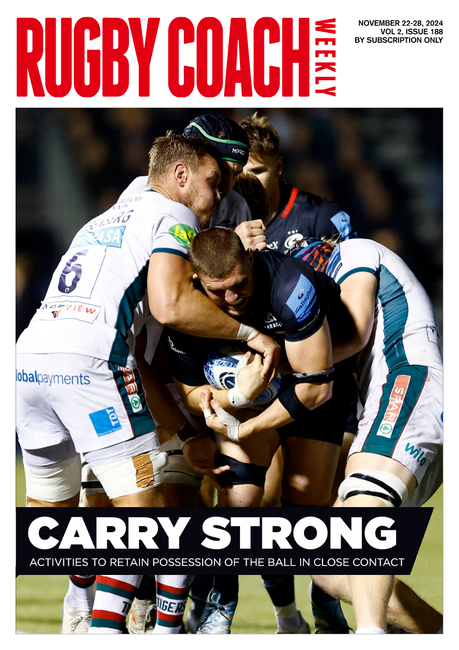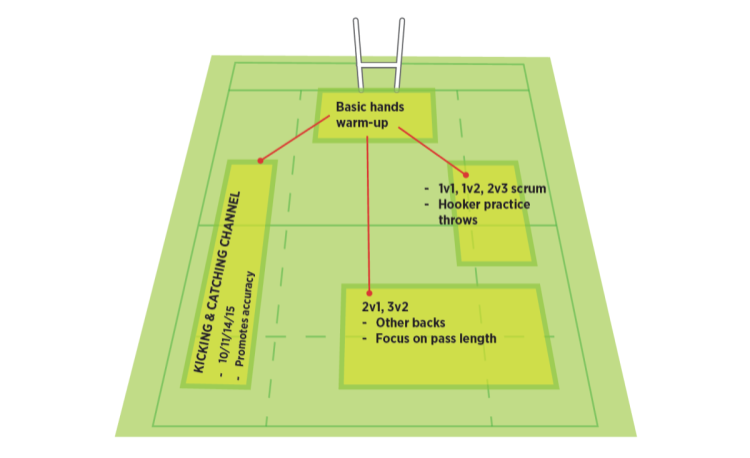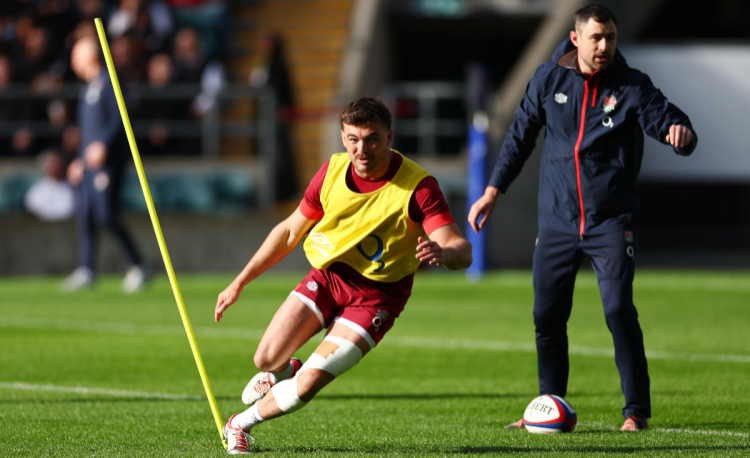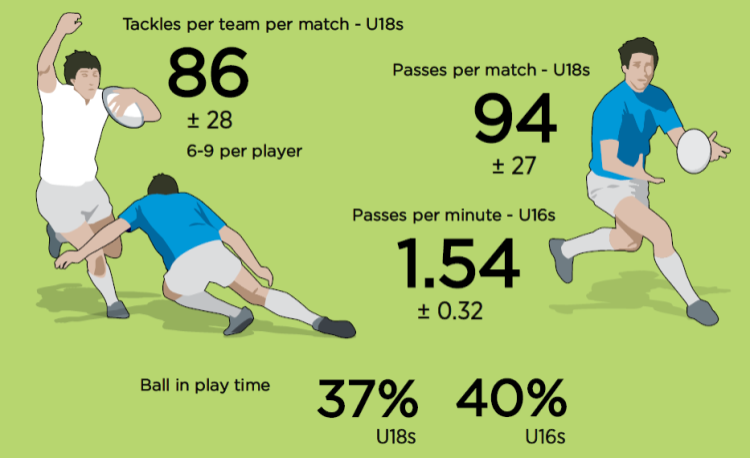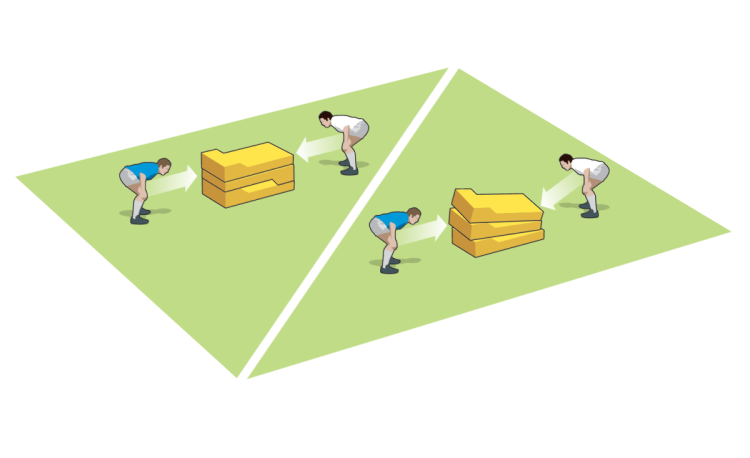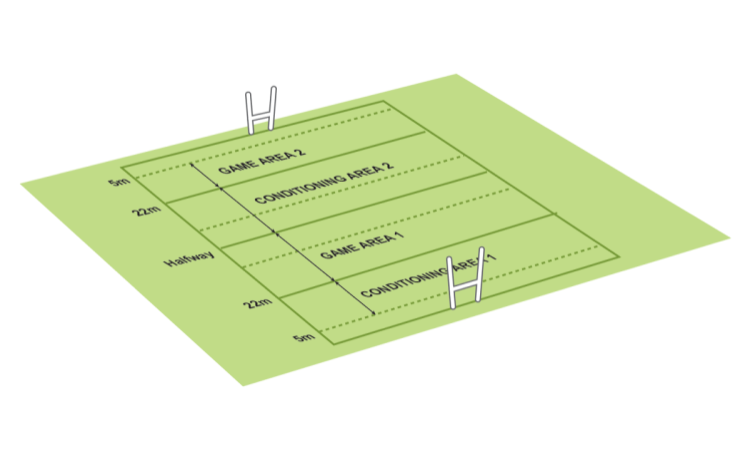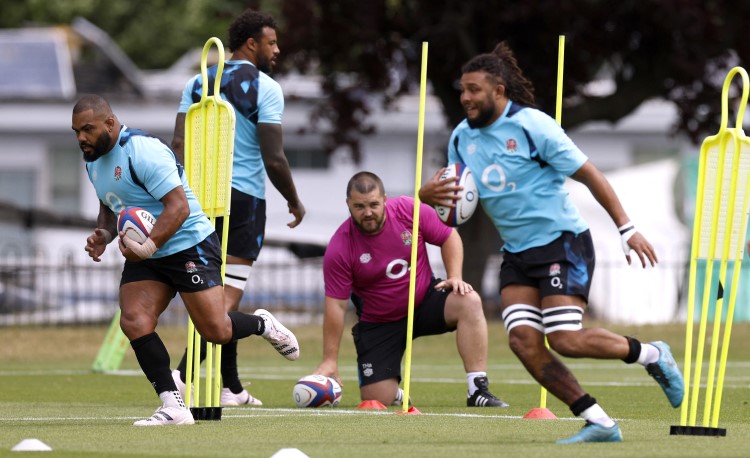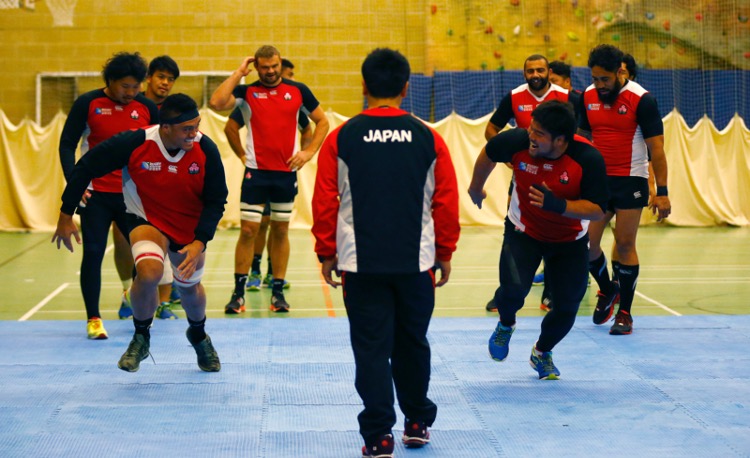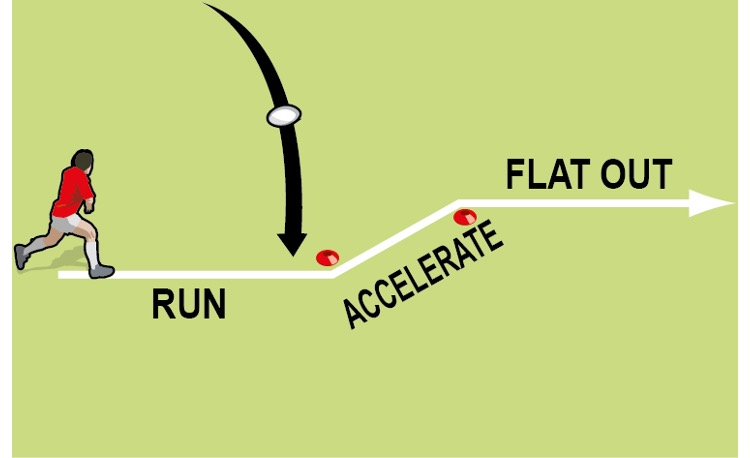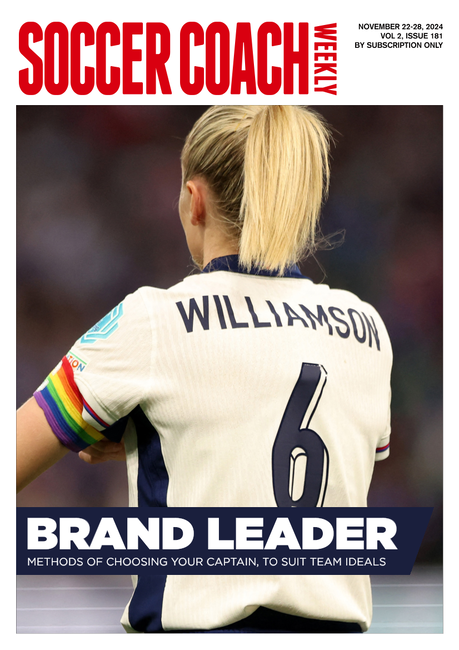Fitness tips for your rugby forwards
Fitness & Conditioningby Dan Cottrell

Pre-season training sessions are aimed at getting your players ready for a long gruelling season. This will mean increasing your players' aerobic threshold (stamina) and improving their strength, as quickly as possible.
It will also require individual attention, as certain rugby players need to become bigger and stronger, whereas others need to build up speed or strength.
Specific conditioning
Lineouts
Overhead lifting exercises should be undertaken as well as squat type training. The jumpers need to carry out a range of other exercises including footwork and agility drills.
Scrums
Squat training, dead lifting, power clean and snatch exercises are extremely important, and all these should be undertaken during sessions.
Open play
For open play drills, there needs to be a tendency to move towards anaerobic games such as "touch", but these need to be varied to keep players moving and using their skills.
Speed and agility
The ability to accelerate and decelerate quickly makes a player stand out. These are largely natural attributes but some elements can be coached.
An example of such a player is Shane Williams, the Lions, Wales and Ospreys winger, who uses sidestep practices and carries out co-ordination drills.
Gym work for forwards
Players need to feel free to work on whatever gym programme they wish, whether it may be Olympic lifting, power lifting or hypertrophy (gaining muscle size) exercises.
It is extremely important that they use the correct procedures when lifting. Don't forget to use running resistance training, which could include dragging sleds or tyres on ropes.
Summary
There are no specific conditioning methods that should be used across the board, as training schemes are increasingly tailored to suit the individual.
The position they play (whether it be front, second, or back row) does play a major part as does the players’ specific role within the team (for instance a lineout jumper or gatherer of loose possession).
There are very few differences between props, hookers and locks, but the back row men are naturally involved in open play a great deal more and their conditioning programme requires more pace and agility training, whereas the front five need to become stronger and bigger.
What fitness training methods do specific forwards need to concentrate on?
Position: Front and Second Rows (1-5)
Training: Front and second row forwards usually need to increase strength and muscle mass.
Position: Back Rows (6-8)
Training: The fitness training required by back row players depends more on individuals and the stage they are at in their career. A player who is young, should concentrate more on becoming stronger and faster. Short explosive gain, such as anaerobic exercises are vital. Back rowers tend to feature a lot in open play so they need to be exposed to two minute phase-play exercises before breaking these down to five second intensive drills.
Newsletter Sign Up
Coaches Testimonials

Gerald Kearney, Downtown Las Vegas Soccer Club

Paul Butler, Florida, USA

Rick Shields, Springboro, USA

Tony Green, Pierrefonds Titans, Quebec, Canada
Subscribe Today
Be a more effective, more successful rugby coach
In a recent survey 89% of subscribers said Rugby Coach Weekly makes them more confident, 91% said Rugby Coach Weekly makes them a more effective coach and 93% said Rugby Coach Weekly makes them more inspired.
Get Weekly Inspiration
All the latest techniques and approaches
Rugby Coach Weekly offers proven and easy to use rugby drills, coaching sessions, practice plans, small-sided games, warm-ups, training tips and advice.
We've been at the cutting edge of rugby coaching since we launched in 2005, creating resources for the grassroots youth coach, following best practice from around the world and insights from the professional game.


